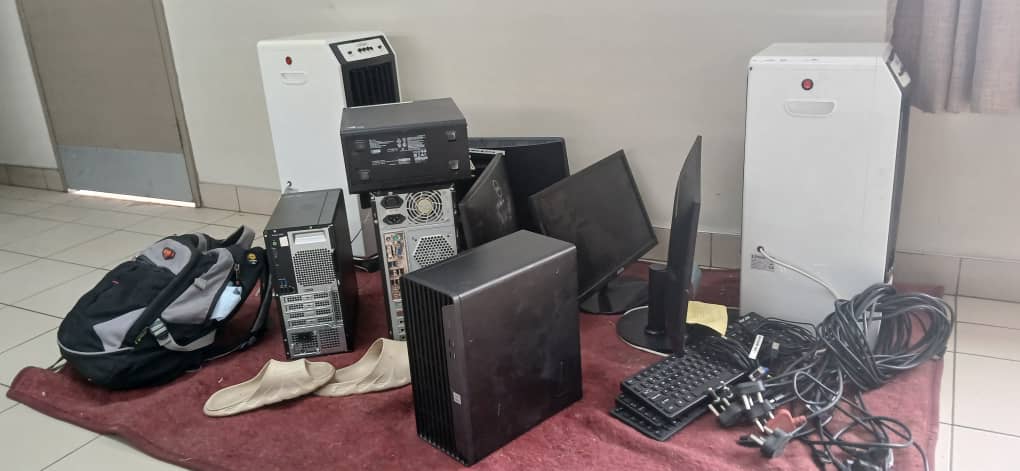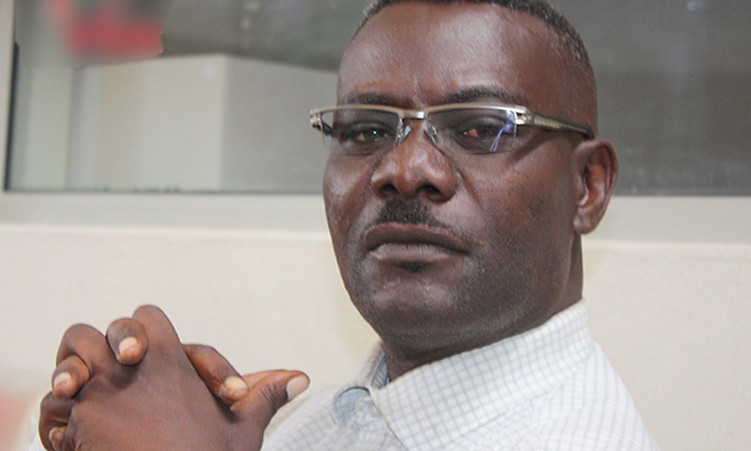Increasing the profitability of cattle production, both north and south of the veterinary cordon fence (redline) is the cornerstone for rural wealth creation.
This was the view of different farmers’ unions, jointly presented to the parliamentary standing committee on economics and public administration, chaired by parliamentarian Natangue Ithete during a hearing at the parliament yesterday.
“The key to future success lies in establishing two independent subsidiaries for Meatco: Meatco NCA and Meatco South (NewCo).
“Each subsidiary should enable shareholding by its respective producers and private investors,” said Namibia Agricultural Union (NAU) manager Roelie Venter, who made the presentation.
The farmers said to ensure focused decision-making, separate boards and management teams should be established for each subsidiary.
“This would allow them to concentrate on their respective objectives and enhance efficiency in their operations,” they said.
The farmers, represented by the Namibia National Farmers Union (NNFU), the Namibia Emerging Commercial Farmers’ Union, the Previously Disadvantaged Namibian Farmers Union, and the NAU, said the parastatal is not being managed effectively, and requires continuous government bailouts to sustain operations.
The bone of contention between the parastatal and the farmers is Meatco’s alleged late payment.
“Farmers continue to support Meatco, while Meatco again fails to comply to the signed agreement with its suppliers. This breakdown of trust severely hampers the effective operation of the entire beef value chain.”
The farmers said the Cabinet has directed the Ministry of Agriculture, Water and Land Reform to enter into a cooperation agreement for the operation of the Rundu abattoir and to support other abattoir operators in the northern communal areas (NCAs).
The Cabinet further directed Meatco to operate the Oshakati abattoir.
However, only the Katima abattoir and the small mobile unit in the NCAs are operational.
The Katima Mulilo abattoir and mobile slaughter unit have slaughtered minimally – mainly due to a lack of cash flow and capacity.
“We are very aware that Meatco received nearly N$800 million from the government since 2020 . . . but the NCA received only about 4% of the amount. The recent situation is worrisome.
“Due to looming drought, farmers are pushing to sell their livestock both north and south. Unfortunately, farmers in the NCAs are in the dark.
“The current situation significantly disadvantages the NCA farmers from drought support of the government,” the unions said.
On the proposed Meatco model, the unions suggested that the government is expected to assume full responsibility for Meatco NCAs through subsidy provisions.
“Meatco South and Meatco NCA should operate on business principles and adhere to international best practices. However, Meatco South should receive limited support from the government, subject to aggressive debt-restructuring measures being implemented.”
The unions said weaner production should be the primary focus in communal areas and among emerging farmers.
It is important to recognise that imposing controls on live exports to neighbouring countries could have disastrous consequences for the communal and emerging farming sector, they said.
The unions called for the improvement of the animal health status north of the redline (over the long term), while the animal health status south of the redline is maintained as the most important factor to ensure the survival and growth of the livestock sector.
“The lack of proper maintenance of the [redline] is an ongoing risk factor that could jeopardise the sector and the rural economy overnight.
“ . . . the responsibility of physically maintaining the [redline] daily should be outsourced to the Meat Board of Namibia,” the unions noted.
Responding to the farmer’s proposals, Ithete said there was a big market for Namibian beef in Angola, but Namibia was not taking advantage of that market and as a result, Angolans were buying beef from as far as Brazil and other places.
He said the committee would take some of the farmers’ presentations to parliament for discussion, but called for a cooperative approach involving the government, parliament and farmers.
The committee members largely showed opposition to splitting Meatco into two companies, saying this would continue disadvantaging farmers in the NCAs.
Parliamentarian Modestus Amutse called for value addition through slaughtering cattle locally and then packaging the meat for exports.
Meatco spokesperson Undamuje Hambira was unable to comment yesterday, while chief executive Mwilima Mushokabanji could not be reached at the time of going to print.
Stay informed with The Namibian – your source for credible journalism. Get in-depth reporting and opinions for
only N$85 a month. Invest in journalism, invest in democracy –
Subscribe Now!






